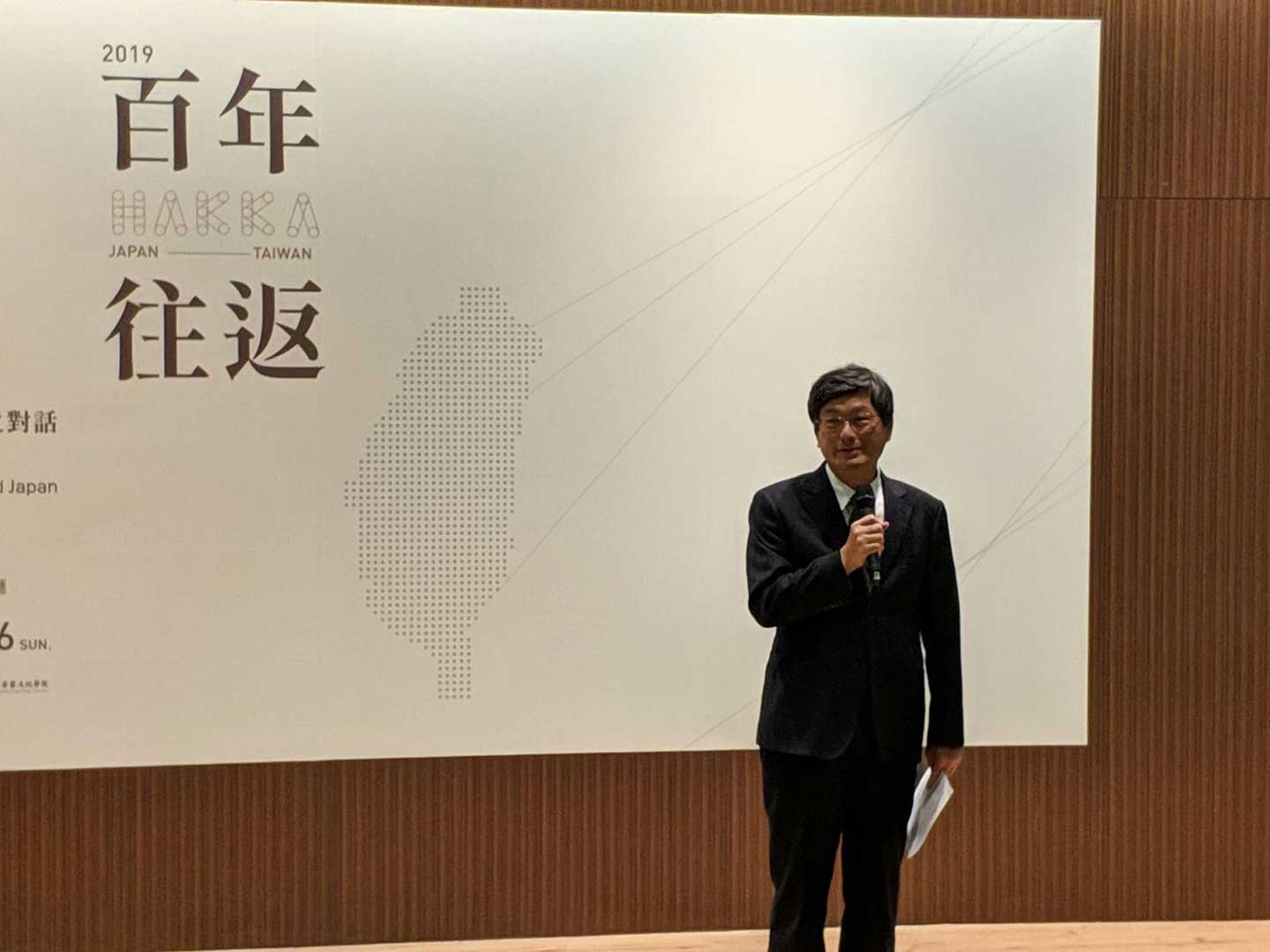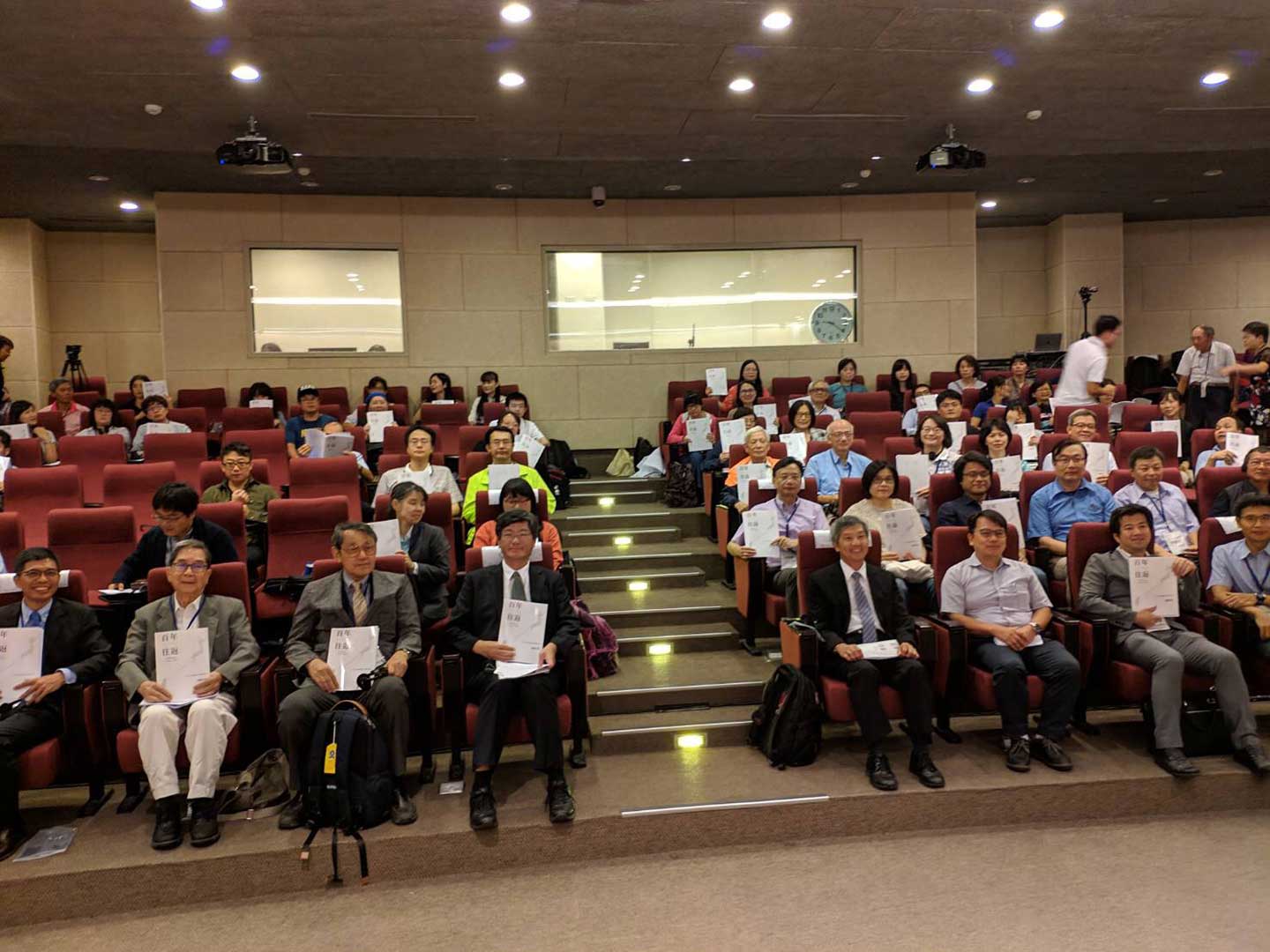
News
【Announcement】International Seminar on“Centennial journey: A dialogue between Taiwan and Japan about Hakka Studies” is held at National Chiao Tung University.
- Source:客家文化發展中心
- Publication Date:2019/10/05
- Last updated:2020/10/15
- Count Views:1752
In order to gradually achieve the goal of “Global Hakka Research Center”, the Hakka Cultural Development Center signed “Academic Research Cooperation and Exchange Agreement”with the Japan National Museum of Ethnology (Minpaku) and the College of Hakka Studies, National Chiao Tung University on December 16th, 2017, and then international seminars were held in Taiwan and in Japan for three consecutive years. The College of Hakka Studies, National Chiao Tung University hosted the “2019 International Seminar on“Centennial journey: A dialogue between Taiwan and Japan about Hakka Studies.”The seminar, on October 5th and 6th, 2019, lasted for 2 days. Young scholars from Taiwan and Japan were invited to review and share the Hakka research results which was conducted by senior scholars in the recent 100 years. They also returned to the onsite field of the early research, which deepens the research and exchange between Taiwan and Japan, and enriches the diversity of Hakka research. More than 100 experts and scholars participated in the seminar in order to broaden and deepen Hakka research.
After the Hakka Cultural Development Center and Japanese National Museum of Ethnology held the two international academic seminars in Taiwan and Japan on 2017 and 2018 respectively and published the monograph called “Museum and Hakka Study” on 2018, the College of Hakka Studies, National Chiao Tung University would then hold the 3rd International conference on October 5th and 6th this year. On the first day, Professor Watanabe Shino who retired from Tokyo Metropolitan University was invited to give a keynote speech with the topic,“The Recollection of Taiwan Hakka Investigation and Research”. Professor Watanabe was influenced by Professor Maichi Toichi, an anthropologist. He came to Taiwan to run the Hakka research during the same period (1970s ~) as Professor Akashi Uematsu and his research result have inspired many research scholars from Taiwan and Japan. On the second day, the discussion focused on “The Early Hakka Study”, “The Hakka Study by Scholars with Chinese Background”, “Hakka Study of Southern China and Coastal Area”, and “Taiwan Hakka Study ”, reviewing the related Hakka research results conducted by ten Japanese scholars and 7 Taiwanese scholars and starting the two-country Centennial talk on Hakka research.
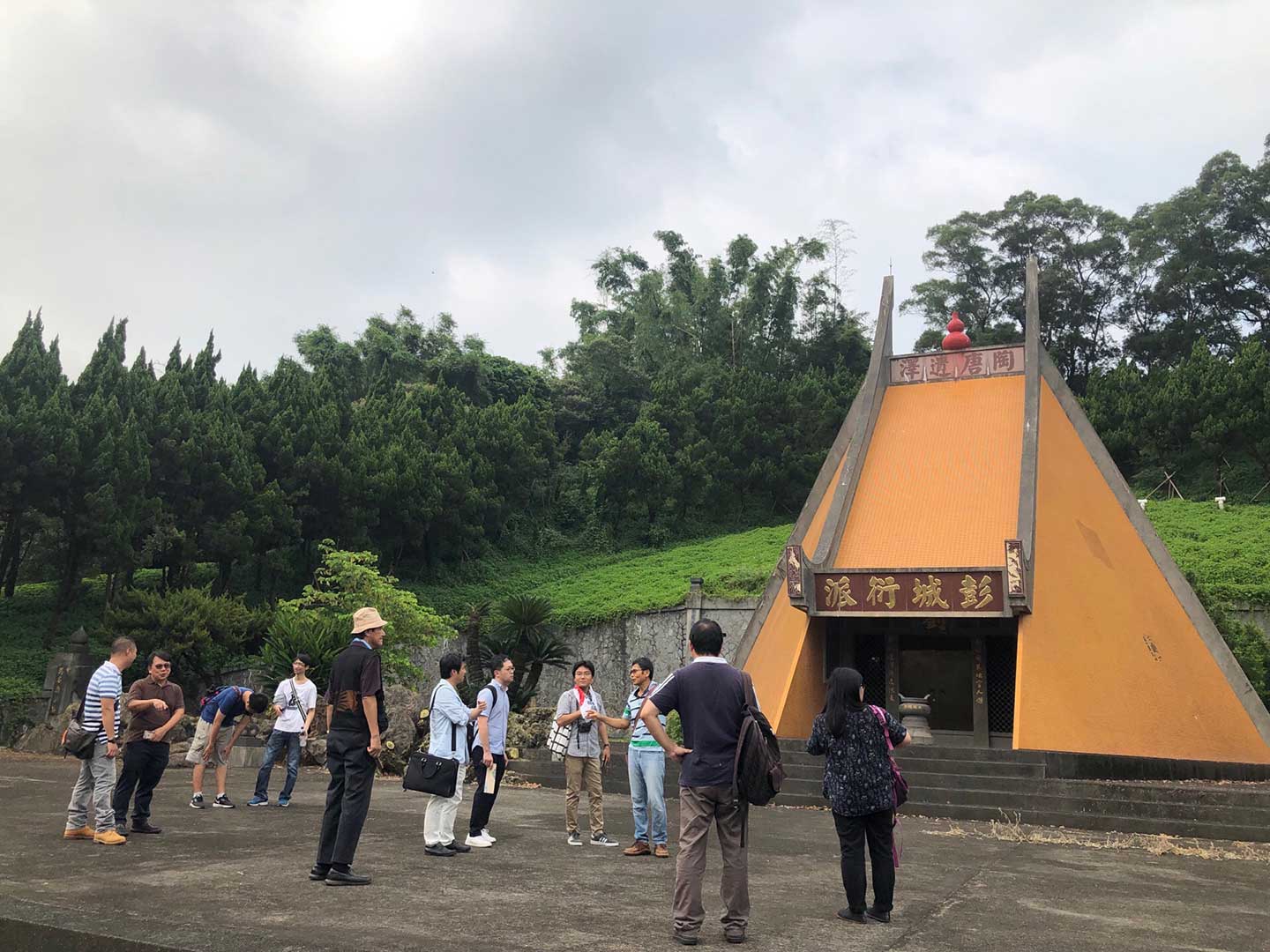
In addition to two-day international seminar, Taiwanese and Japanese scholars were also scheduled to survey Xinpu and Guanxi areas in Hsinchu county before and after the seminar, returning to the field spots researched by the early Japanese scholars. The field spots included Xinpu Yimin Temple, Liu Family Two-Yard House, Shrine Museum, Guanxi Peace Temple and Lo Museum. They visited the Hakka settlements with diverse features in person, allowing the young Taiwanese and Japanese scholars to better understand Taiwan Hakka culture and open further cooperation and exchange opportunities in the future.
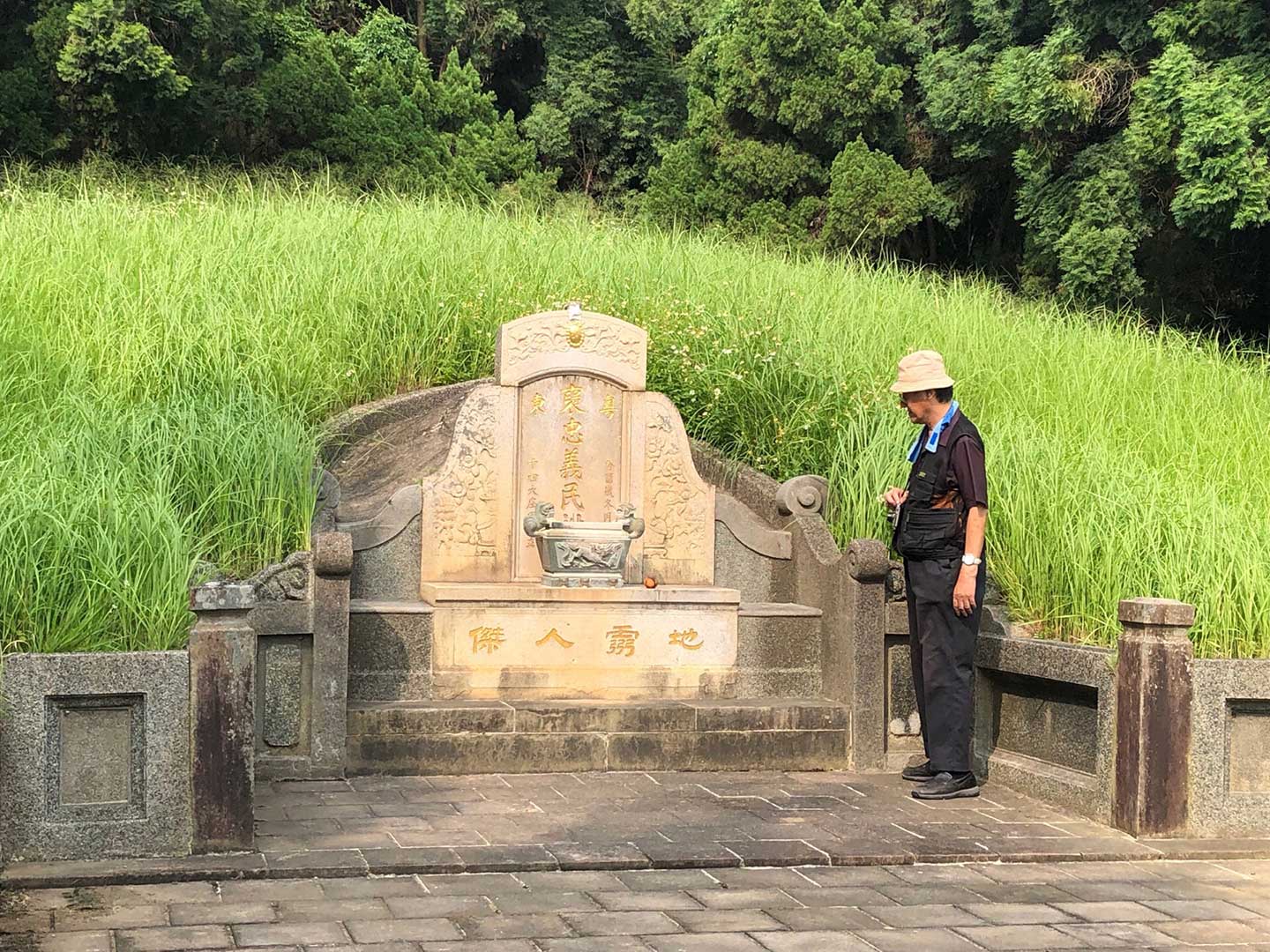
Chen Jun-Xun, the vice president of National Chiao Tung University, orated, hoping that National Chiao Tung University would not only be an excellent academic unit, but also contributed to the development of Hakka culture. For this purpose, National Chiao Tung University established the College of Hakka Studies in Jhubei in the hope that it could become a local museum, cultural center and a key place to develop the Hakka culture in Asia. It was hoped that this seminar could learn about the experiences of Hakka researches from Taiwan and Japan and continue to exchange and cooperate in the future.
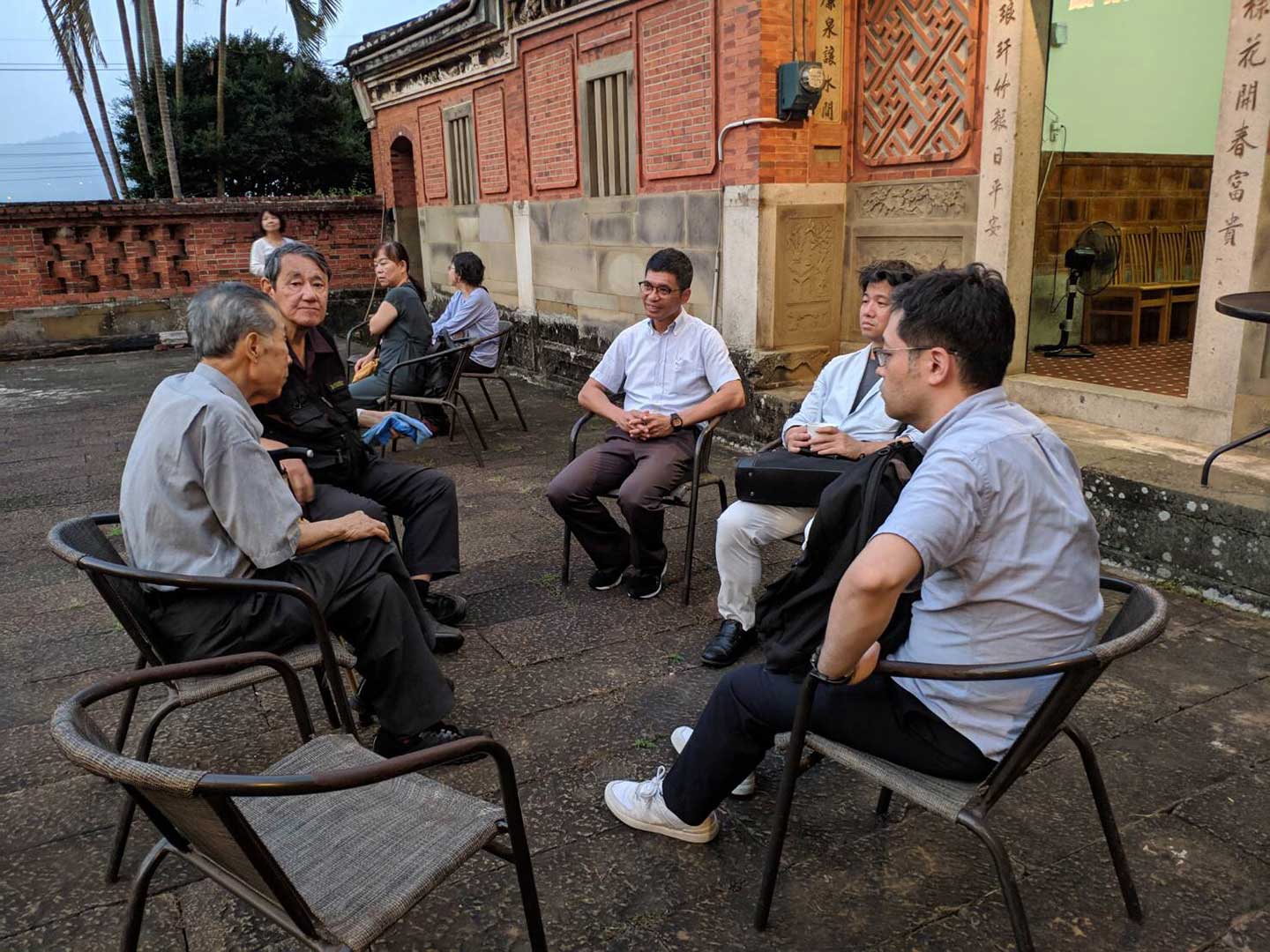
Associate Professor Hirohisa Kawai, from Japan National Museum of Ethnology, said that the cooperation with the Taiwan Hakka Cultural Development Center and National Chiao Tung University could be traced back to the “Japan Hakka Survey and Research”of seven years ago. At that time, Japan scholars didn’t have a systematic research on Hakka in Japan. This Hakka research plan have had a big influence on the Japan Hakka research. The viewpoints of this conference are different from those of the previous ones. Through discussing the researches of 14 Japanese scholars involving anthropology, Folkloristics, History, Linguistics and Architecture, the researches tried to understand the Japanese Hakka research more deeply. It was hoped that the Hakka researchers in Taiwan could interact more and exchange more opinions with Hakka researchers in Japan in this seminar.
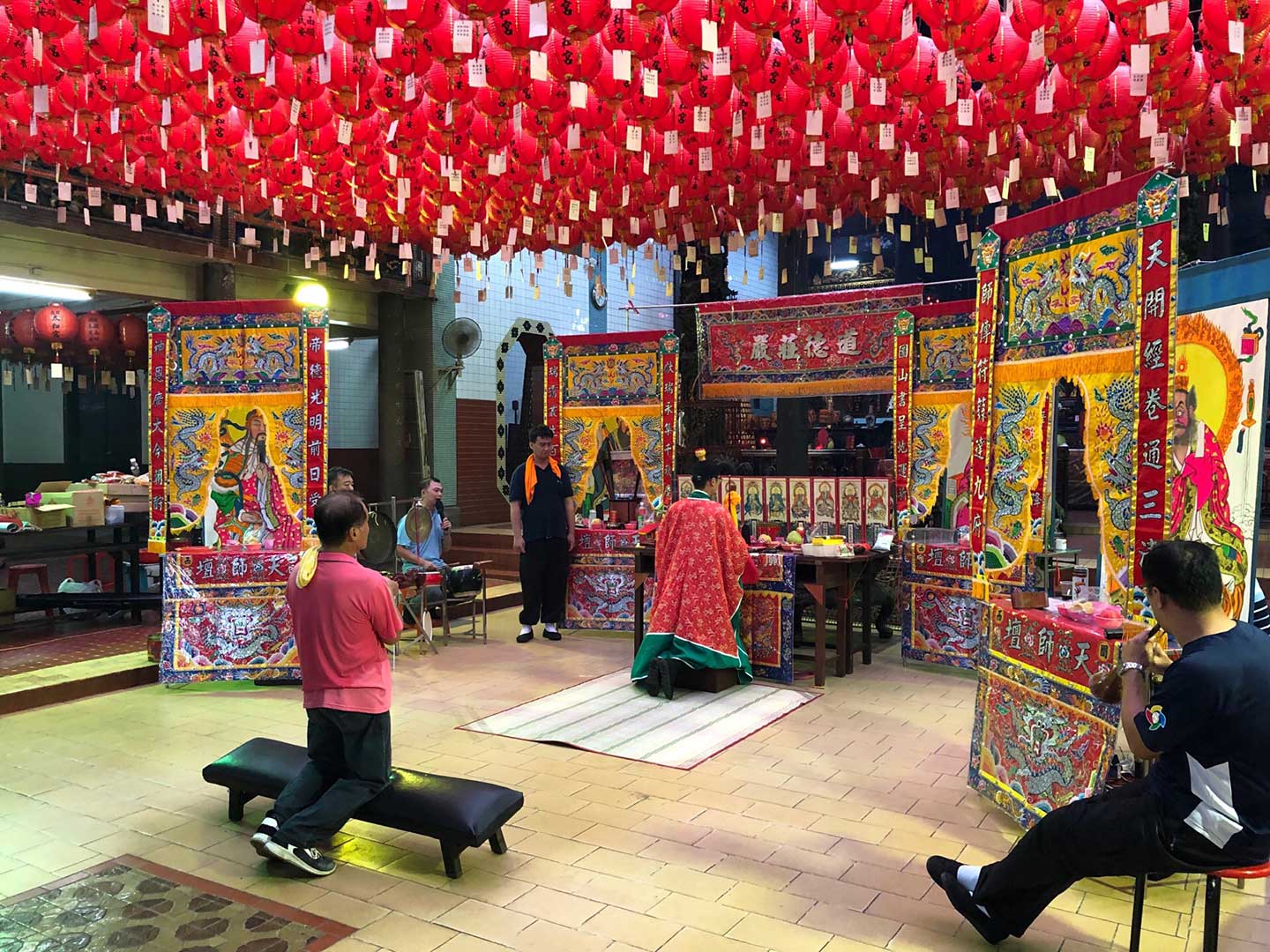
Finally, Mr. Yang, the Deputy Minister of the Hakka Affairs Council said that the academic cooperation among the Taiwan Hakka Cultural Development Center, Japan National Museum of Ethnology and the College of Hakka Studies, National Chiao Tung University was entering the third year. This represented the strong cooperation energy and endurance of the three units, which would help continue to take Taiwan Hakka, diverse ethnic groups and overseas Hakka as the main cores. Also, the cooperation with Japan National Museum of Ethnology and academic institutions at home and abroad would help expand the exchange and cooperation of Hakka researches all over the world. We would research together and plan the thematic seminars or exhibitions, hoping the results of interlibrary interaction of the Hakka researches could be more fruitful. Next year (2020), the international seminar cooperated by three units will be held by the Taiwan Hakka Cultural Development Center again. I hope that scholars from all fields can continue to have new research presentations and more exchange.
